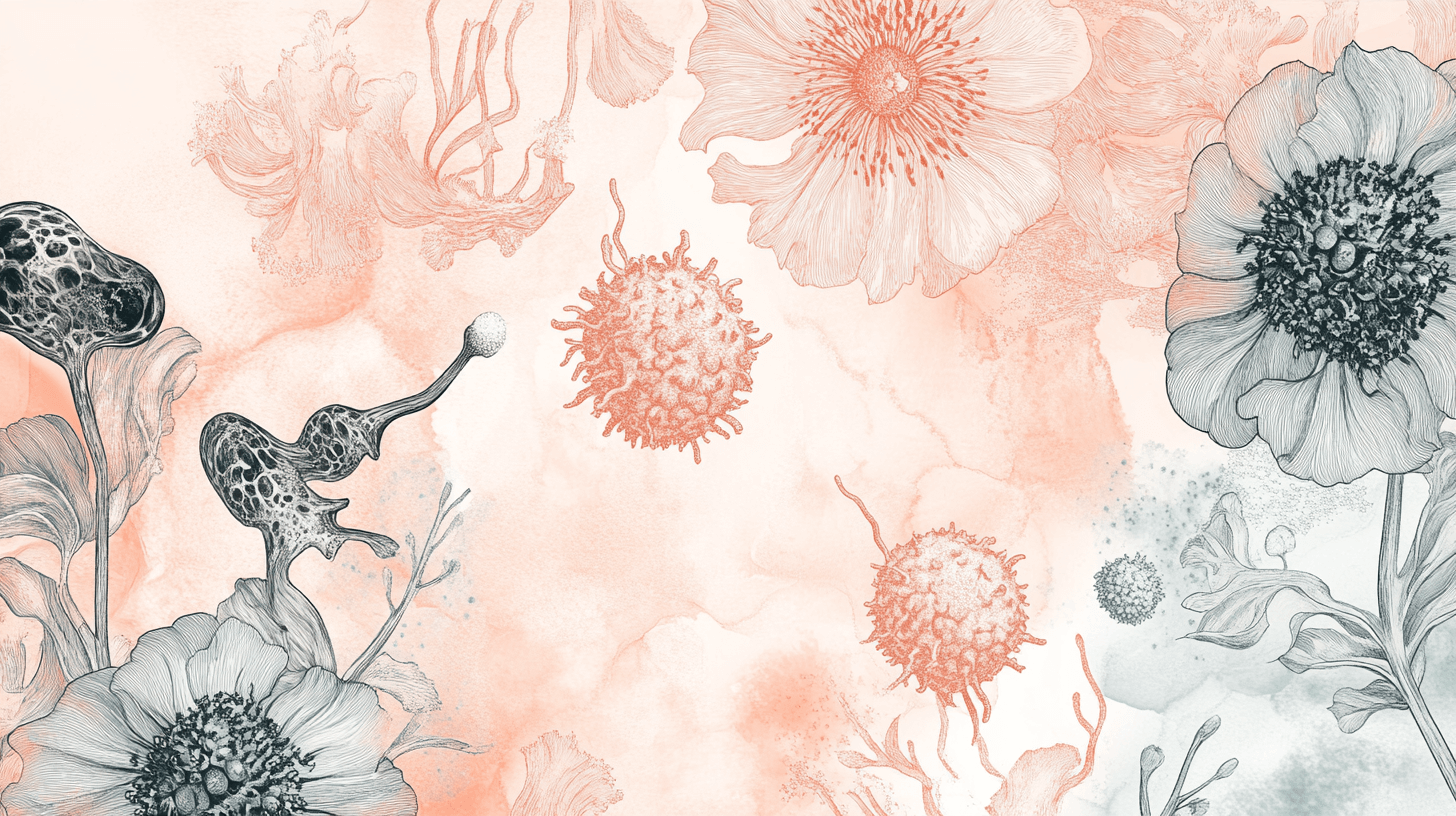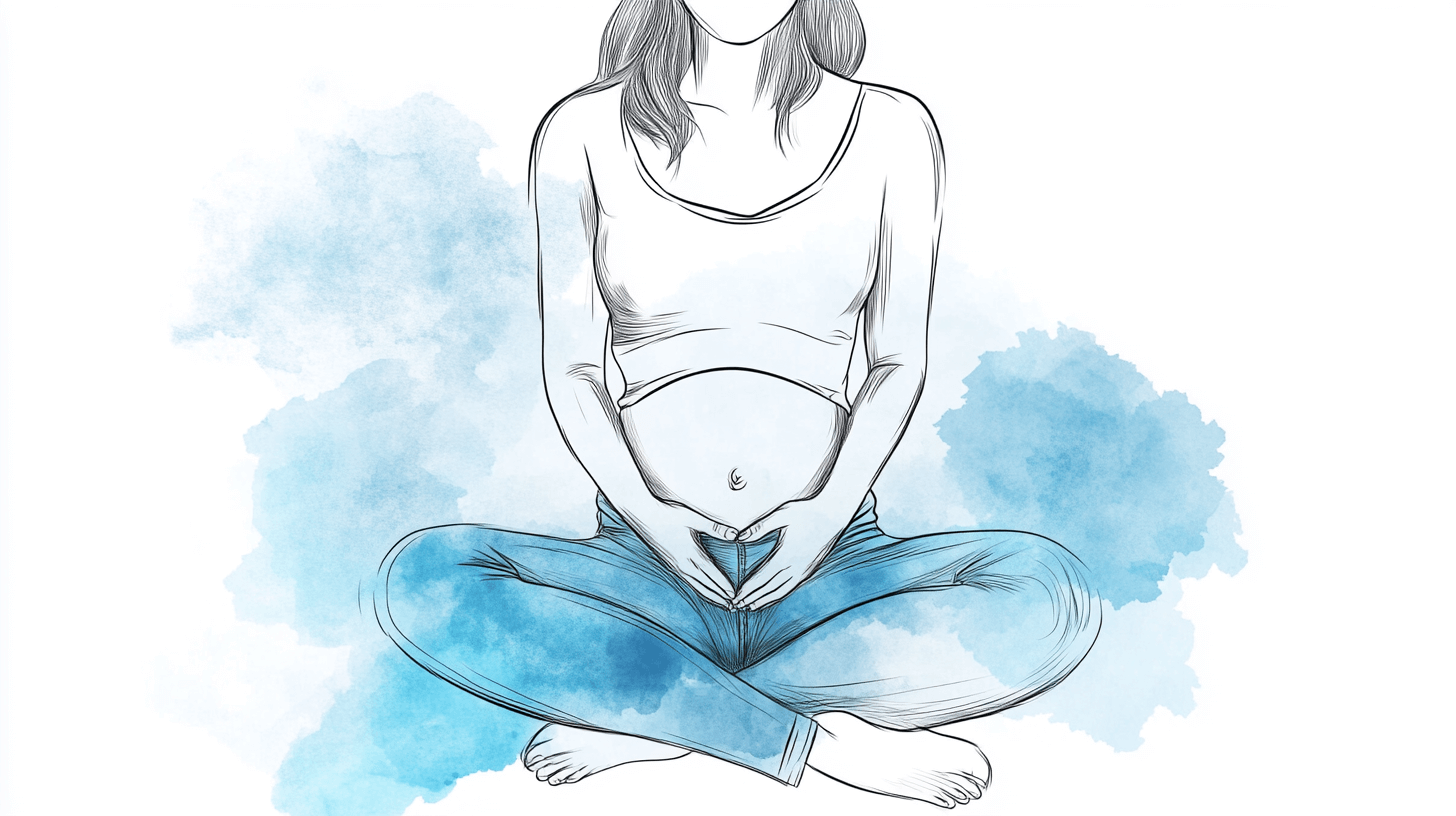Bacterial vaginosis (BV) is a common condition caused by an imbalance of vaginal bacteria. In a healthy vagina, there is a mix of good and harmful bacteria. Normally, the good bacteria keep the bad ones in check. However, this balance can be disrupted due to factors such as hormonal changes, poor hygiene, or multiple sexual partners.
BV is more common among women with new or multiple sexual partners and those who don’t use protection during sex. While BV is not considered a serious health threat, it can cause unpleasant symptoms like abnormal discharge, odor, itching, or burning.
Symptoms of Bacterial Vaginosis
When the balance of vaginal bacteria shifts, BV symptoms may appear, which include:
- An itchy, sore, or painful vagina
- A fish-like odor, especially after sex or during menstruation
- A burning sensation when urinating
- Thin gray, green, or white vaginal discharge
It's important to consult a healthcare provider if you experience these symptoms, as they can resemble those of other infections like yeast infections or sexually transmitted diseases.
Causes of Bacterial Vaginosis
The main cause of BV is an imbalance between beneficial bacteria (lactobacilli) and harmful bacteria (anaerobes) in the vagina. This disruption can happen for a variety of reasons, such as:
- Smoking
- Frequent bubble baths with scented soaps
- Prolonged menstrual cycles
- Frequent changes in sexual partners
- Use of sex toys or wearing tight, non-breathable clothing like nylon tights
Bacterial Vaginosis Diagnosis
A healthcare professional will analyze a sample of your vaginal discharge under a microscope or send it to a lab for analysis. You may also undergo a pelvic exam and have your vaginal pH tested, as BV often causes the vagina to become more acidic.
How Does BV Differ from a Yeast Infection?
While both BV and yeast infections cause changes in vaginal bacteria, they have key differences:
- Discharge: BV discharge often has a fishy smell, while yeast infection discharge resembles cottage cheese and is odorless.
- Irritation: Yeast infections typically cause itching and soreness, while BV usually does not cause irritation.
- Treatment: BV requires antibiotics prescribed by a doctor, while yeast infections can often be treated with over-the-counter remedies.
Treatment for Bacterial Vaginosis
Antibiotics
The most common treatment for BV is antibiotics, such as metronidazole or clindamycin. These can be taken orally or applied as a vaginal gel. It's important to complete the entire course of antibiotics, even if symptoms improve before you finish the medication.
Alternative Treatments
Some women find relief using natural remedies, such as:
- Applying plain yogurt to the vagina to restore balance
- Using Astodrimer sodium gel, which creates a barrier to prevent bacteria from adhering to the vaginal wall
- Taking lactobacillus supplements to promote healthy vaginal bacteria
Risk Factors and Complications
Pregnancy
Pregnant women with untreated BV are at a higher risk of complications like preterm labor, miscarriage, and low birth weight. If you're pregnant and suspect you have BV, it’s crucial to seek medical attention to avoid these risks.
Surgery and BV
Untreated BV may increase the risk of post-surgical infections, especially after procedures like hysterectomies. It’s important to discuss treatment options with your doctor if you're planning surgery.
Will BV Go Away on Its Own?
In some cases, BV may resolve without treatment, but recurrence is common. Many women use natural remedies, like adding yogurt to their diet, to help restore the balance of good bacteria. However, it’s best to consult a healthcare provider to prevent more serious complications.
Conclusion
If you're experiencing symptoms of BV, it’s important to see a doctor for proper diagnosis and treatment. While it’s not a life-threatening condition, BV can increase the risk of more serious infections if left untreated. Completing the full course of prescribed medication and maintaining good vaginal health practices can help prevent recurrence.











